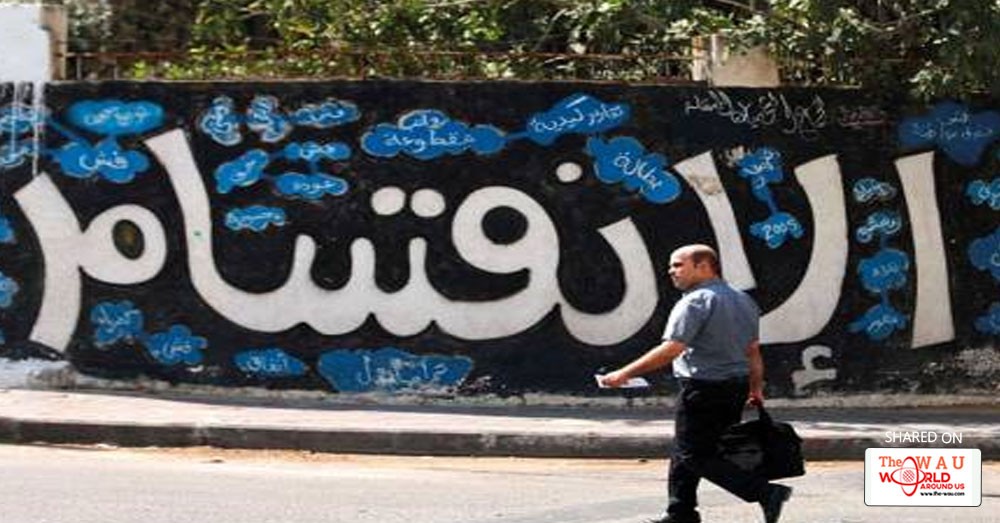Palestinian prime minister Rami Hamdallah is poised to visit Gaza for talks after Hamas agreed steps towards resolving a decade-long split with its West Bank-based rival Fatah, a senior aid has said.
Hamdallah plans to travel to Gaza City to meet Hamas officials and assert the government’s control over ministries, Nabil Shaath, a senior advisor to Abbas, told journalists in the West Bank city of Ramallah, as a first step towards implementing a larger agreement.
“We await the first steps on the ground. We want to see Mr Hamdallah received by Hamas, the door to all the ministries open,” he said.
“That really could happen in the next 24 hours.” While Hamas has announced a number of key concessions to the rival Fatah movement ending the division between the bitter rivals is far away and far from certain.
Abbas has shown no willingness to have a partnership with Hamas, which is shunned by his Western backers as a terrorist group.
In an official statement, Abbas only said that he was “relieved” by the agreement brokered by Egypt.
Azzam Al Ahmad, an Abbas aide, said more talks on the procedural issues will be held in Cairo in the coming weeks.
The latest reconciliation attempt comes after a 10-year rift that has left the Palestinians torn between two governments.
Hamas won legislative elections in 2006 and the following year seized control of the Gaza Strip from President Mahmoud Abbas’ Fatah-led forces, leaving Abbas only in charge of autonomous enclaves in the Occupied West Bank.
Repeated attempts at ending the rift have failed but this time could be different.
Hamas, in financial and political distress after years of an Israeli-Egyptian blockade, this week announced it was disbanding a contentious committee that has governed Gaza in recent months. It also said it was ready to hand over all government functions to Abbas and to hold elections in Gaza and the West Bank.
The announcement addressed key demands by Abbas, and the Palestinian president cautiously welcomed Hamas’ gesture.
Here is a brief overview of the recent events:
Q: Why did Hamas make these concessions?
Aside from Gaza’s economy being in tatters due to a crippling Israeli blockade and three brutal Israeli assaults, Abbas has been stepping up pressure on Hamas. He cut the salaries of thousands of civil servants still on his payroll and stopped paying for Israeli electricity shipments to Gaza. The cash-strapped Hamas could not make up the loss of tens of millions of dollars that Gaza receives from Abbas’ internationally-backed government.
But Hamas also has been undergoing some major internal changes. Early this year, it endorsed a new political document that distanced itself from the region-wide Muslim Brotherhood group. Instead, it redefined itself as a “Palestinian national liberation movement with an Islamic dimension.”
The change could allow for closer ties with neighboring Egypt, where the government took office after a military coup ousted a president who was a Muslim Brotherhood member. Cairo also outlawed the Brotherhood as a terrorist organisation.
Hamas held new elections earlier this year. Its new Gaza leader, Yehya Sinwar, is a decisive figure who has close ties to the group’s military wing. Hamas officials say Sinwar believes Hamas should have remained a “resistance” and opposition movement, not a government.
Q: How have Abbas and Hamas reacted since the announcement?
Abbas’ government welcomed the Hamas announcement, issued after several days of talks with Egyptian mediators. Hamas, meanwhile, has instructed its officials hand over senior posts to the Abbas government.
Q: What obstacles remain?
Hamas is eager to get the blockade lifted and open Gaza to the outside world. But it still wants a say on security, political and economic issues in the coastal strip.
The group has thousands of armed fighters and a sizeable arsenal of rockets and mortar shells. It has always resisted calls to disarm or place its men under Abbas’ control. It is doubtful that this time will be any different, or whether it will give up its control over key financial agencies.
Q: Hamas recently announced an understanding with Mohammad Dahlan, a former Palestinian security chief who has become Abbas’ top rival. How will this impact relations?
Hamas says its agreement with Abbas will have no impact on its relationship with Dahlan, and that it remains committed to working with him.
It is unclear whether Abbas will tolerate a return of Dahlan, who has lived in exile since a falling out with the president in 2010.
Share This Post















